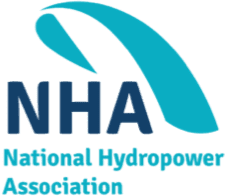The marine and hydrokinetic (MHK) industry has a vital role in the U.S. clean energy strategy by providing a renewable, domestic energy source that can help meet the U.S. national demand by offsetting the need for traditional power sources that support foreign dependencies and can have detrimental long-term impacts on the environment that put the U.S. at risk. As the MHK industry evolves with new technologies, improved business model paradigms, and expected grid features (i.e., reliability, resilience, flexibility, sustainability, affordability, and security), costs for environmental compliance need to be delineated and reduced to realize MHK’s potential contributions to the U.S. energy portfolio. Licensing, permitting, and other compliance process costs are not well understood; therefore, strategies to reduce costs cannot be formulated and implemented effectively. The important issue addressed here is to delineate and quantify costs for permitting and licensing, including monitoring and adaptive management, and to develop cost reduction pathways and strategies that enable emerging MHK technologies to attain utility scale contributions to our nation’s renewable energy portfolio.


